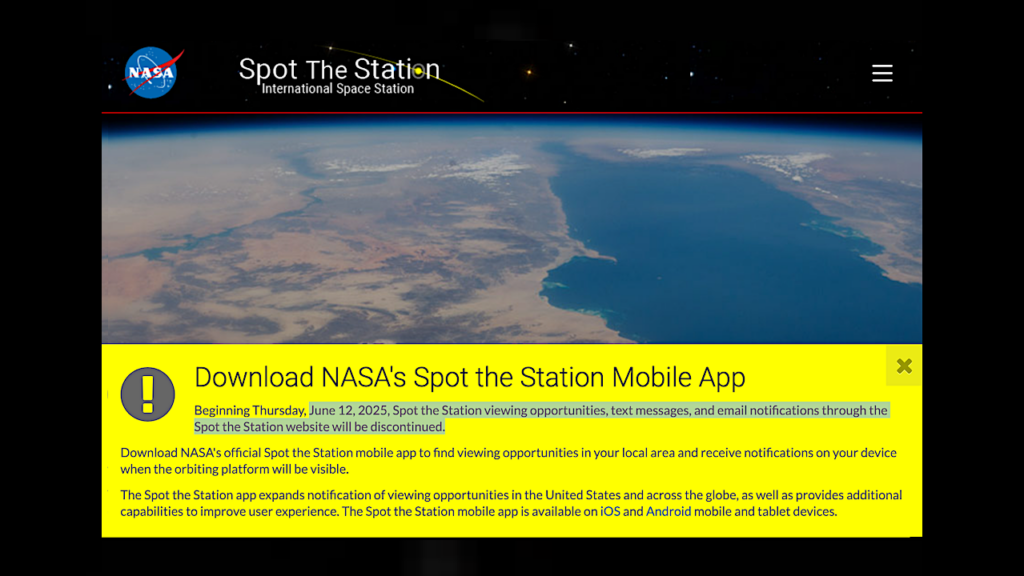Nauka Was An Accident Waiting To Happen And NASA Knew

 Keith’s note: I am waiting to see if NASA or Roscosmos ever explain how much fuel is still in the lines of MLM/Nauka/FGB-2 – when they purge it given that the firings were unscheduled, the prop system had to be inhibited, and the fuel tanks are supposedly empty. Based on internal memos we’ve read (and I cannot post), NASA personnel in Houston and Moscow were worried about Nauka and its propulsion system – before docking even happened. Plus NASA does not have the complete insight into Nauka prop system that they’d like to have and must rely on Russians.
Keith’s note: I am waiting to see if NASA or Roscosmos ever explain how much fuel is still in the lines of MLM/Nauka/FGB-2 – when they purge it given that the firings were unscheduled, the prop system had to be inhibited, and the fuel tanks are supposedly empty. Based on internal memos we’ve read (and I cannot post), NASA personnel in Houston and Moscow were worried about Nauka and its propulsion system – before docking even happened. Plus NASA does not have the complete insight into Nauka prop system that they’d like to have and must rely on Russians.
Two of the three levels of redundancy in the Nauka prop system were lost before docking. The friendly banter between NASA and Roscosmos about Nauka issues was not as collegial and transparent as Kathy Lueders et al described it as being yesterday. Just sayin’.
Oh yes – notice that the usually reliable NASA ISS on-orbit status reports have not been updated for a week. What’s up with that? Stay tuned.
– Nauka Fired Its Thrusters For No Reason – OFT-2 Delayed, earlier post








Bottom line? Politics. Russia says it docks so it docks or perhaps NASA would prefer it if Russia closed down the ISS (because they could if they really wanted to)? Roscosmos has NASA over a barrel on this one and will continue to enjoy this advantage so long as the only destination for US crewed space-flight is dependent on Russian modules for critical flight functions.
https://uploads.disquscdn.c… In hindsight, Roscosmos should have started over by building a brand new module , using all the exorbitant money we paid them to taxi our astronauts to/from ISS since we retired the Shuttles. But instead they cobbled up old equipment from Soviet Union and Boris Yeltsin days. The result was a new old Nauka module that had already seen better days…
There are many threads in this – the generally higher acceptance of risk in Russian society (which contrasts with ROSCOSMOS’s pubic concern about the safety of Crew Dragon), the casual attention given in Russia to quality control (see Soyuz MS 10 and Proton-M with MexSat-1), and a work ethic summed up by that classic Soviet saying, “They pretend to pay us and we pretend to work.”. It doesn’t surprise me at all that this craft is buggy. I’m very glad that it hasn’t had worse consequences, yet. I’m also glad that the presence of Nauka on station puts the lie to Russian threats to leave ISS. With new important new hardware in place on which they’ve been waiting for years, they’re hardly going to go racing for the door.
A question for the smart people here.
Keith wrote “the prop system had to be inhibited“. I added the italics, wondering what does inhibited means in this context?
Usually that means that a safety mechanism is activated to ensure that it is impossible to actually activate those systems. How Nauka was supposed to do that, I don’t know. For example, one mission I worked on physically disabled a variety of commands that were not needed after the immediate post-launch period by changing a set of jump tables in the flight software. If somehow one of these commands was accidentally radiated to the S/C (which in of itself would be difficult given the multiple layers of checks in the ground software), then they just wouldn’t do anything since they would be routed to a no-op command.
Nauka was tne first module of this type launched since 1998. FGB IN 98 was the third since 1995. So the Russians were well versed in 1998. Today thsre is no one in their program or ours who helped design, build, code or fly them these modules. Theyve all retired or died. So there was little reason to think it would all just work out.